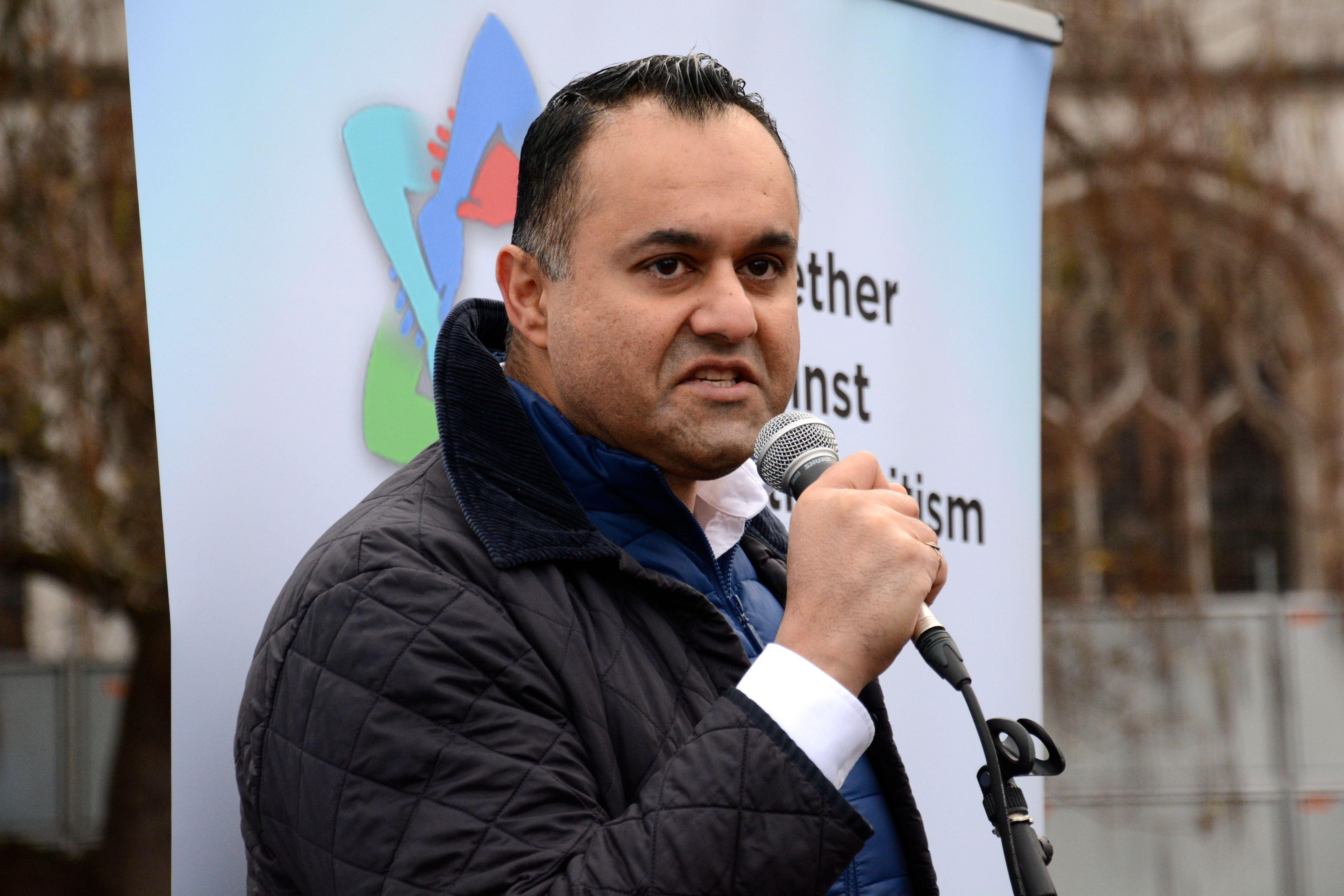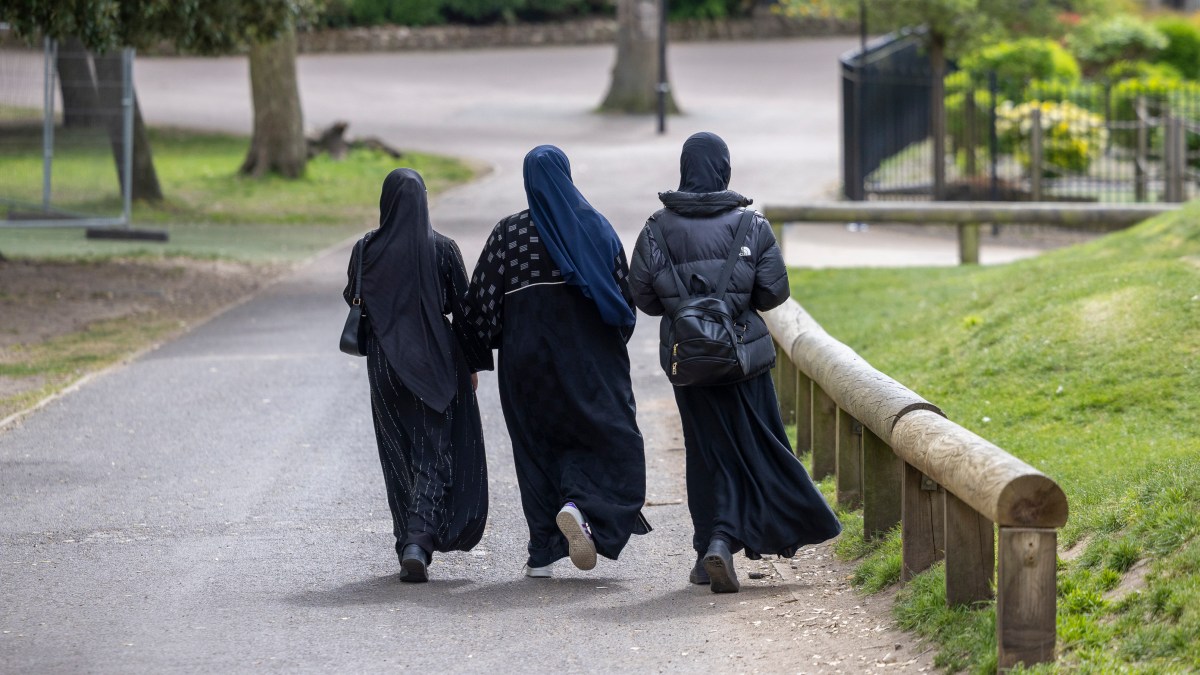Britain will face social unrest and a perception of a two-tier society if the government pushes ahead with plans to come up with a formal definition of Islamophobia, the head of a new campaign group has warned.
Angela Rayner, the deputy prime minister, has set up a working group to provide recommendations to the government on “appropriate and sensitive language” to describe “unacceptable treatment, prejudice and discrimination against Muslims”.
Fiyaz Mughal, the founder of the Tell Mama organisation which monitors anti-Muslim hate incidents, is leading a campaign against the definition, which he believes risks having a “chilling effect” on free speech and creating a “blasphemy law by the back door”. The campaign is called Keep the Law Equal.

Fiyaz Mughal said the definition could curtail public discourse about the grooming scandals
ALAMY
While the definition will not be legally binding, Mughal raised concerns that the police, prosecutors other public authorities and employers would adopt it and that criticism of any practices associated with the Muslim faith would effectively become an offence.
He suggested it could curtail public discourse about the grooming scandals amid concerns that a disproportionate number of Asian men have been responsible. He also said that it could discourage legitimate debate about the hijab, the niqab and sharia courts.
“We are seeing a sense of people being very unhappy about two-tier application of the law, two-tier society,” he said.
“The same narrative is being potentially, I’m hearing, it’s being used around this definition. Why are Muslims getting extra protection? Why do they have to have more laws?
• Sonia Sodha: Hate-crime definitions risk making things worse
“I worked with the police. We have seen the systems work really well. We need proper enforcement of existing laws, not additional definitions which in fairness given that the world has also changed, given our country and the dynamics has changed, any definition that marks out one community is going to cause major social divisions. and it’s happening in our society. We don’t need social divisions. We need the implementation of existing laws which are more than sufficient.
“It will raise community tensions and it will just add to the narrative that actually one community is getting a better deal than another. And that just leads to local anger.”
He said it would have a “chilling effect” on free speech. “It creates a sense of a deeply chilling effect, where people are scared to raise things about religion, which can be used against them, and where digital traces can be placed online that are difficult to remove,” he said.
“It creates a vastly, deeply problematic element of a chilling effect in society. It doesn’t matter whether it’s statutory or non-statutory. Defence and prosecutors, defence solicitors and prosecutors could use this in legal argument. Now the judges could say, actually, I’m not going to listen to this because it’s non-statutory. But some judges may well listen to it.”
An independent review by Baroness Casey of Blackstock recently found that the ethnicity of grooming gangs was “shied away from” by the authorities. It said that disproportionate numbers of Asian men have been responsible for child sex grooming gangs but successive governments and authorities have failed to address their crimes.
Mughal said: “This is an issue where we can say we need to look at what kind of cultural elements have brought about actions against young girls. Now even a simple statement like that could be twisted to suggest that actually this is an attack on my identity, that you’re suggesting that all Muslims are groomers and paedophiles.”
He said employers could also adopt the definition. “The reality is that if there is one charge of something around Islamophobia or anti-Muslim hatred that is made against an employee, that employee is going to go through a very long and difficult process.”
The government faced criticism for attempting to limit public input into the plans by circulating a call for evidence to only a limited number of groups. But its plans were derailed after Claire Coutinho, the shadow equalities minister, found a link to the online consultation form and circulated it widely.
“This whole process has been so, so troubling because it’s so private,” Mughal said. “The way that the government has reached out to a selected handful of individuals is not a consultation.”
A spokesman for Rayner’s department, the Ministry of Housing, Communities and Local Government, said: “We are absolutely committed to defending freedom of speech, and any proposed definition must be compatible with the right to freedom of speech and expression. The independent working group has been engaging extensively with a wide range of communities and will provide independent, evidence-based advice to ministers.”
